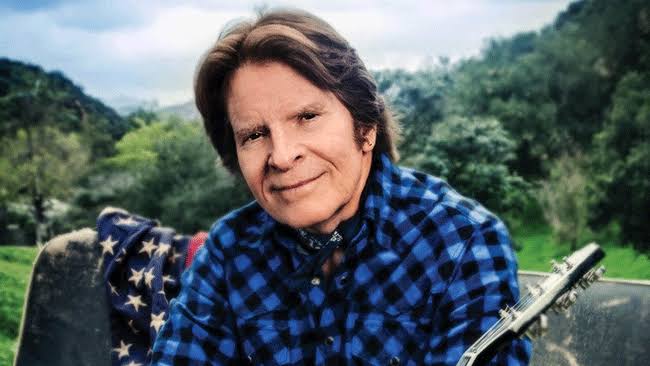John Fogerty Takes Back Command of Creedence Clearwater…
After a half-century of fight, John Fogerty has finally been granted international control over his Creedence Clearwater Revival publishing rights, providing a happy ending to one of the longest and grimmest tales in the music industry.
Fogerty has recently purchased a majority interest in the global publishing rights to his historic CCR song catalog from Concord for an undisclosed sum. This is in contrast to his peers, Bruce Springsteen, Bob Dylan, and Neil Young, who are selling their copyrights for hundreds of millions of dollars. Rock classics including “Proud Mary,” “Down on the Corner,” “Fortunate Son,” “Bad Moon Rising,” “Up Around the Bend,” and “Green River” are among the treasures in the collection.
Since 2004 when Concord purchased Fantasy Records, owned by Saul Zaentz, the rights have been in their possession. Restoring and increasing Fogerty’s artist royalties—which he had given up to Zaentz in 1980 to get out of his Fantasy deal—was one of Concord’s first actions. Fogerty had not earned royalties in 25 years.
For an indefinite period of time, Concord will continue to manage Fogerty’s portion of the publishing catalog while keeping the CCR master recordings that are now in its catalog.
Sitting on his large terrace in his Southern California home with his golden dog, Creedy, (short for Creedence), at his side, the 77-year-old Fogerty acknowledges that this is a day he never imagined he would own copyrights. In the decades since he signed his label and publishing deal with Fantasy in 1968, he claims, “I worked really hard” to get them back, but he faced setback after setback at the hands of Zaentz, who passed away in 2014.
“I am these tunes’ father.” I made them,” he declares. “In the first place, they should not have been taken away. And I had such a huge void in me after that incident. He claims he overcame the decades-long rage over Zaentz’s abuse with the help and affection of his manager and wife of over thirty years, Julie Fogerty, but the desire to own his music never went away.














